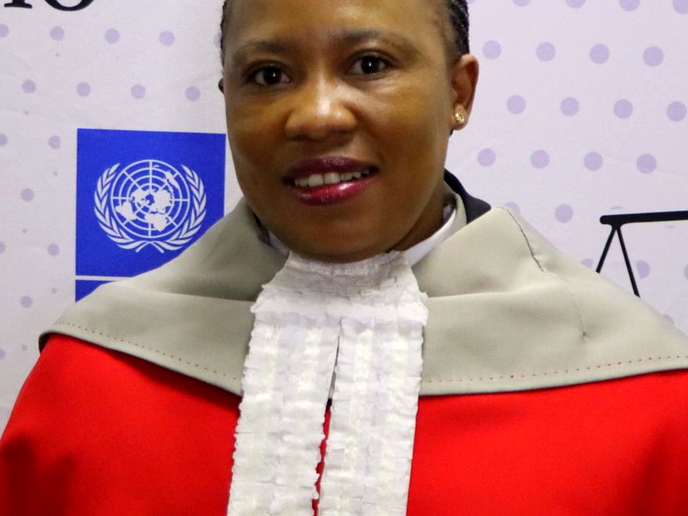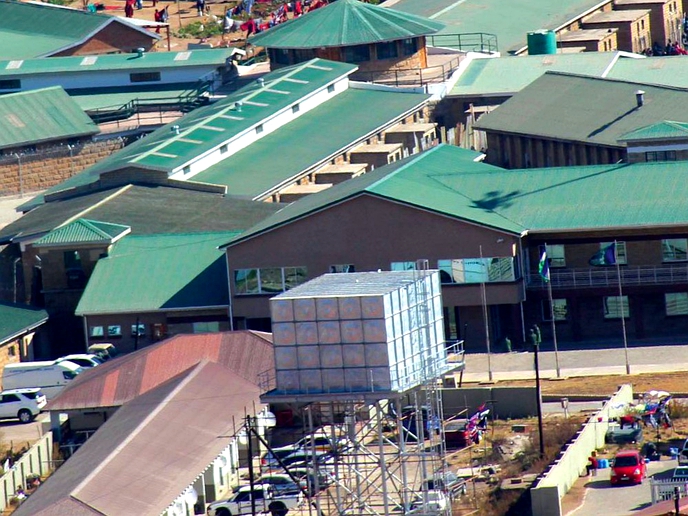THE Lesotho Electricity Company (LEC) is operating under challenging circumstances as it struggles to collect debt estimated at over M240 million from consumers who are essentially reluctant to pay for services.
news
June 1, 2023
NEO SENOKO
3 min read
LEC threatens load shedding

LEC Managing Director, Mohato Seleke
Story highlights
This is true even though the company is now only able to produce only 72 megawatts of power in Lesotho, forcing it to import a lot of electricity at higher costs from South Africa and Mozambique.
As a result, the corporation is unable to meet demand and may be compelled to use load shedding in order to protect the limited amount of available production.
According to information provided by the state-owned power company, as of this week's Monday, household customers owed the company M102 million, and the public sector owed the company more than M80 million. The private sector, however, owes the power company M57 million.
Additionally, the LEC imports from South Africa, where prices have increased by 18.69%, making purchases for Lesotho excessively expensive.
“South Africa hiked prices by 18.69% as of April 1; we have been purchasing at this high costs since April. In contrast, prices in Mozambique are significantly higher than those in South Africa. Therefore, it is a challenging position for us, especially now that it is winter,” said LEC Managing Director, Mohato Seleke at a media briefing.
During the winter peak time, LEC imports one unit of electricity at M5.22, but only sells it to its customers at M1.70.
Seleke said because of higher demand in the winter, consumption is especially high.
When compared to the nation's average Muela production of 72 megawatts, the corporation was using about 196 megawatts of electricity in June of last year.
Lesotho is currently under extreme pressure, producing far less than its typical output of 72 megawatts since an electricity turbine generator has been malfunctioning since June of last year.
There are now only two generators running, but they should be able to supply the entire country.
The managing director has therefore called for all its customers to pay for the services offered to avoid cases where the country might be forced to move on to load shedding majors.
Enjoy our daily newsletter from today
Access exclusive newsletters, along with previews of new media releases.
“Our economy is already so fragile and we have been in this condition for a very long time so much that if our struggles continue, the situation will deteriorate further. Our economy has not been able to attract investment for quite some time now and we have been in this situation for sustained period. So I urge all our clients to pay for services to allow us to import more from these countries,” Seleke added.
A decision to resort to load shedding as a major to safeguard electricity can be detrimental to the country’s already fragile economy with no jobs and lack of investment opportunities among others.
Load shedding can cause businesses to halt operations or operate at reduced capacity, leading to a decline in productivity. This negatively impacts overall economic growth.
In countries where load shedding is operational such as South Africa, key economic sectors such as manufacturing, mining and agriculture are severely affected and struggling to keep going.
In the third quarter of last year, the South African Reserve Bank revealed that load shedding had a negative impact of 2.1 percent on GDP with sectors such agriculture, fishing and forestry mostly affected.
Estimates are that the impact may well be higher going forward while electricity remains a huge challenge.
Tailored for you






